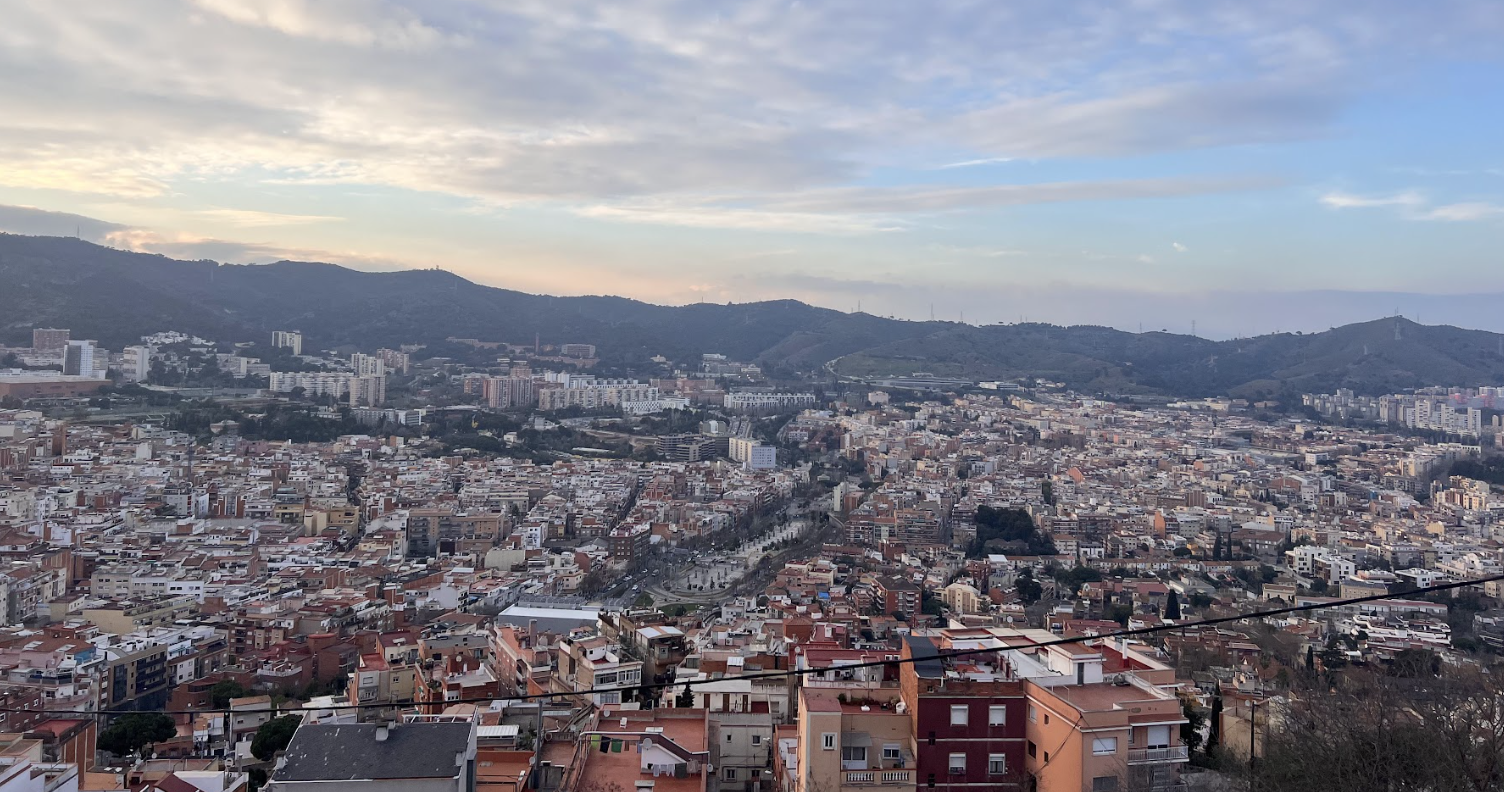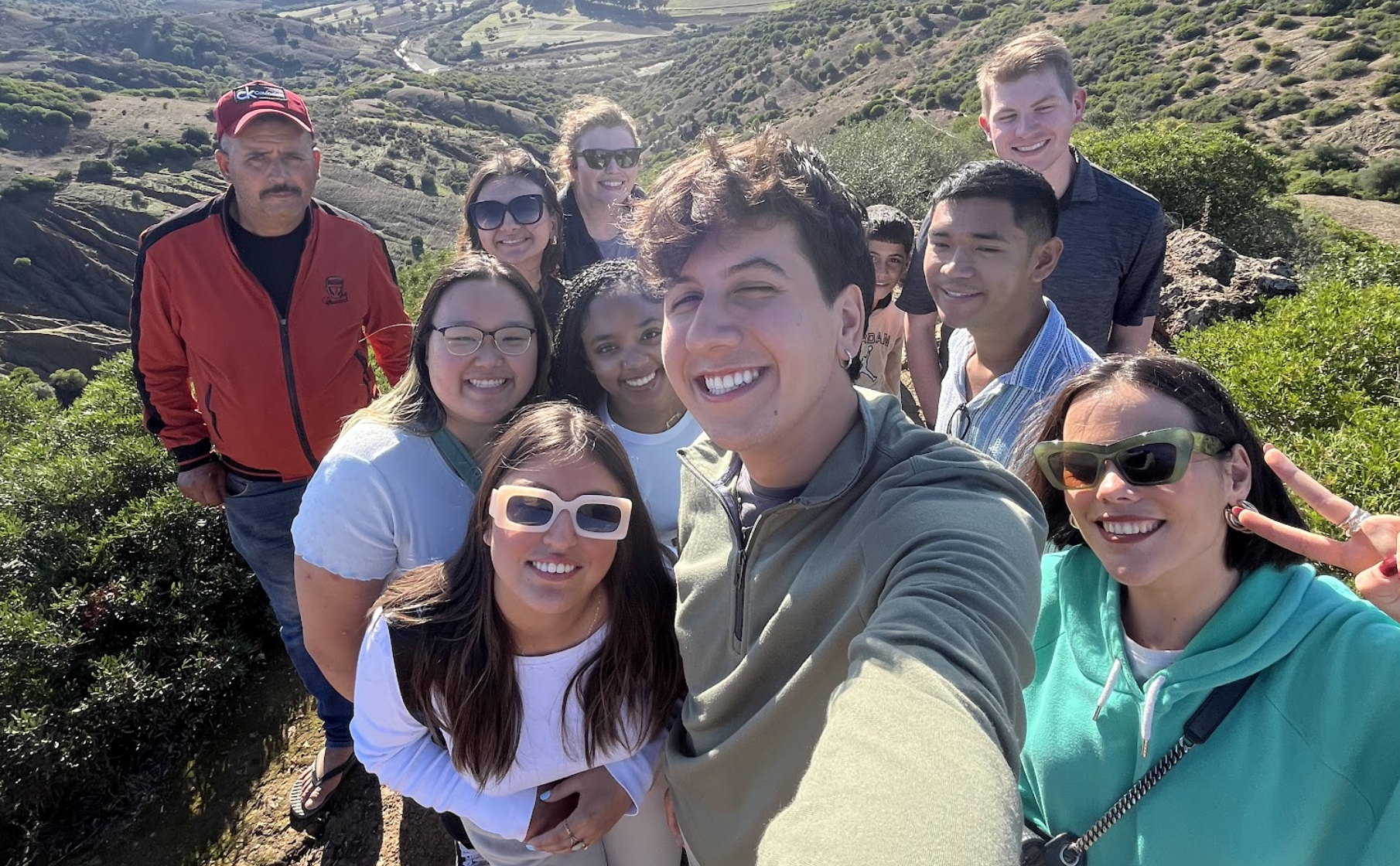In today’s world, more and more employers are seeking out culturally diverse and experienced employees who can work effectively in a global workplace.
Studying or interning abroad has most likely benefited you personally, professionally and academically, but how can you use your time abroad to enhance your marketability and even land your dream job?
Employers recognize that those who have interned or studied abroad are likely to possess skills highly sought after and needed in the global economy: cross-cultural communication skills, economic and geographical knowledge, analytical skills, flexibility, ability to adapt, understanding of local customs, and in some cases proficiency of a foreign language. So it’s important if you do have international experience, you’re able to effectively highlight these key skills and qualities to potential employers.
In today’s competitive market, you must find ways to distinguish yourself and stand out! As you prepare your resume, be sure to highlight your study or intern abroad experiences. It’s beneficial to include relevant global experience on your resume and to be prepared with a relevant story to tell in an interview. By including these experiences, you are showing employers that you are versatile, adaptable, willing to seek out new experiences and able to succeed in a new environment- all qualities employers are looking for!
Read the tips below to discover how you can use the transferrable skills gleaned from your study abroad experience to land your dream job!
[image_with_animation image_url=”6005″ animation=”None” hover_animation=”none” alignment=”” border_radius=”none” box_shadow=”none” image_loading=”default” max_width=”100%” max_width_mobile=”default”]Incorporate your study abroad experience in your resume:
Your resume is the perfect location for you to highlight transferable skills from your abroad experience. Be sure to include a list of the skills, and the educational components from the international university.
Resume tips:
1. Objective section: If applicable, mention your international experience in the “Objective” section of the resume to show employers you have cross-cultural experiences.
SAMPLE:
-
- Enhanced cultural awareness and sensitivity to cultural differences of customers.
- Foreign language proficiency.
- Awareness of global economic, political issues and realities
2. Education section: List your study abroad experience separately under the “Education” section. Include the name of the local Barcelona university and any coursework completed. You can also include a list of bulleted items, detailing your experience abroad and skills you learned.
SAMPLE:
- Bachelor of Science in Business Administration, emphasis in Finance, San Diego State University
- Study Abroad, Institute for the International Education of Students, Barcelona, Spain
- Extensive study of the Spanish and Catalan cultures through classroom and host family experience.
- Learned valuable lessons in time management, foreign exchange rates, and cultural aspects of business.
3. Work experience: If you completed an international internship, list this under the “Experience” section and relate the tasks from your internship to the job in which you are applying. Highlight how you worked and thrived in a diverse environment.
SAMPLE:
-
- Thrived in an international work environment and interacted with people from diverse backgrounds
- Developed creative content and copy for the company’s blog and social media, utilizing SEO tools
Referencing your time abroad in your Cover Letter:
When you write your cover letter, mention your international experience and briefly describe the experiences and skills learned from studying or interning abroad. Make sure you relate how the experience is transferable to the specific position to which you are applying. Highlight related accomplishments while overseas and especially how you flourished in a new, diverse environment. This information should come in the second or third paragraph of your cover letter.
What to highlight in your cover letter:
- Enhanced cultural awareness and sensitivity to cultural differences of costumes
- Foreign language proficiency
- Awareness of global economic, political issues and realities
Effectively use your study abroad experience during a job interview:
Not only should you highlight your time abroad in your resume and cover letter, you should also be prepared to discuss the skills your learned during the interview itself.
Read the following question and answer situations below to be more prepared going into interviews:
Question: “You studied in Barcelona, Spain. Why did you decide to go there? How was your experience the same or different from your expectations?”
Answer Strategy: Think back to why you decided to go. It may help to refer back to the personal statement you wrote with your study abroad application. Think about the things that surprised your while you were overseas. For example, you may have realized that Spain is more diverse than you believed it to be.
Question: “What have you accomplished at school or during your study abroad experience that you are most proud of?
Answer Strategy: Think about the goals you had for going overseas. Which goals did you meet? Which ones were you most proud of? As you related this to the interviewer, you might express it by…
Question: “Tell me about a time you encountered an obstacle and then you overcame it.”
Answer Strategy: Explain the initial goal you had for traveling abroad; Describe obstacles that may have popped up during your time abroad, and how you didn’t lose sight of your goal; Share what the end outcome was and everything you learned along the way.
Question: “What did you learn overseas that will help you do this job successfully?”
Answer Strategy: Think about the ways in which you have changed. You might have learned to be more flexible, adaptable, tolerant, open-minded, patient, etc. You may have gained specialized skills or knowledge from your classes, an internship or volunteer opportunities. Think about how some of these changes and skills might be useful on the job.
[image_with_animation image_url=”6008″ animation=”None” hover_animation=”none” alignment=”” border_radius=”none” box_shadow=”none” image_loading=”default” max_width=”100%” max_width_mobile=”default”]
Are you a Barcelona SAE student returning from your experience abroad? ¡Que bueno! Take a look at tips for reacclimating to your daily life. Plus, be sure to join the Barcelona SAE LinkedIn Alumni Group and network with your peers.



